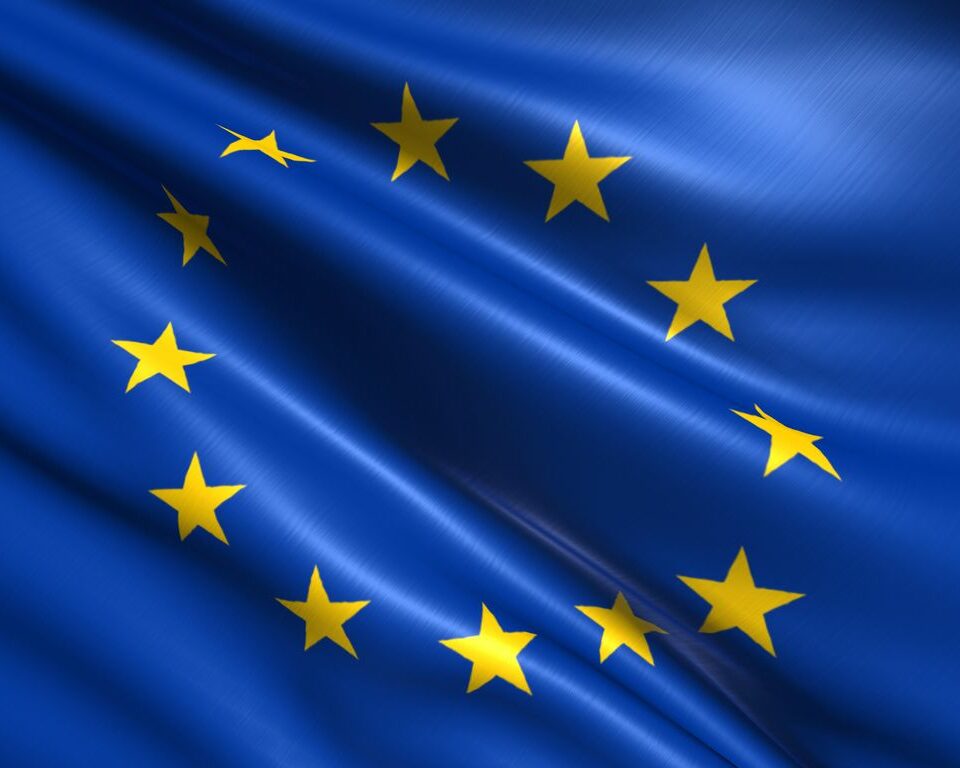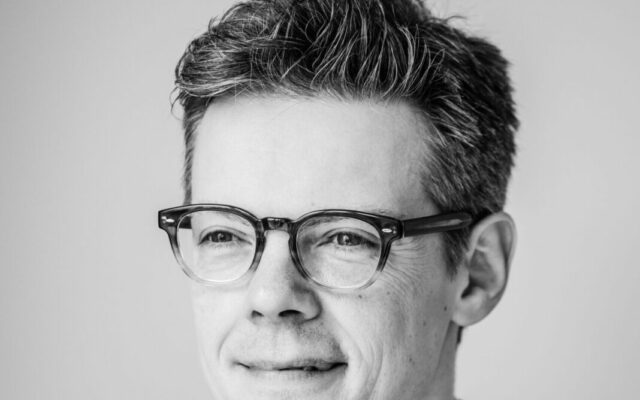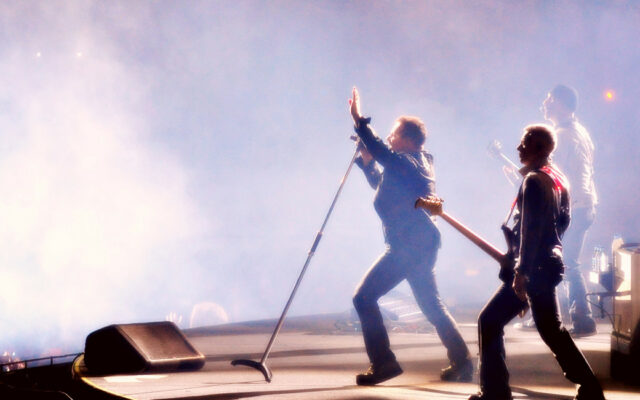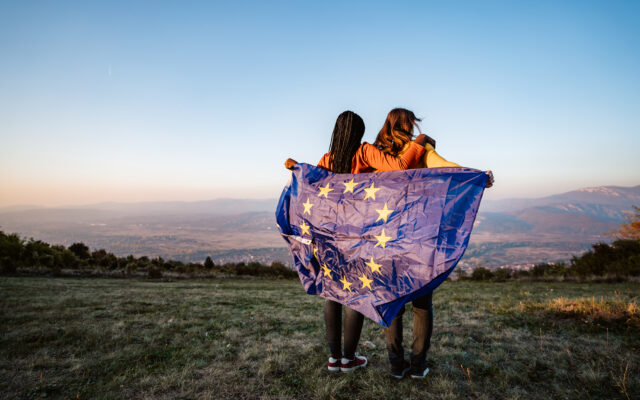It’s encouraging that your newly crowned Charlemagne columnist has already stumbled on the European Union’s greatest achievement (‘Why stereotypes rule in Brussels’, January 10).
Not content to have kept the peace, built a single market, launched a new currency and quadrupled their membership in the space of a lifetime, the Union’s members have also allowed themselves to revel in their national cultures and, yes, indulge their well-worn prejudices. You can have your gateau and eat it, after all.
But this is more than a “coping mechanism for complexity”; it goes to the heart of the Union’s success. The member states never did try to “iron out” their distinctions, crass or otherwise, but instead wrote them into the Union’s DNA, from a legal commitment to “respect its rich cultural and linguistic diversity” (article 3 of the Treaty on European Union) to a daily workload that is negotiated in 24 official languages.
A close family, respectful of its differences, is stronger than the sum of its parts. Britain’s liberal instincts will be sorely missed after January 31st, but perhaps not as much as its knack of settling disputes with a good cup of tea.
Yours sincerely,
Jonathan Hill









